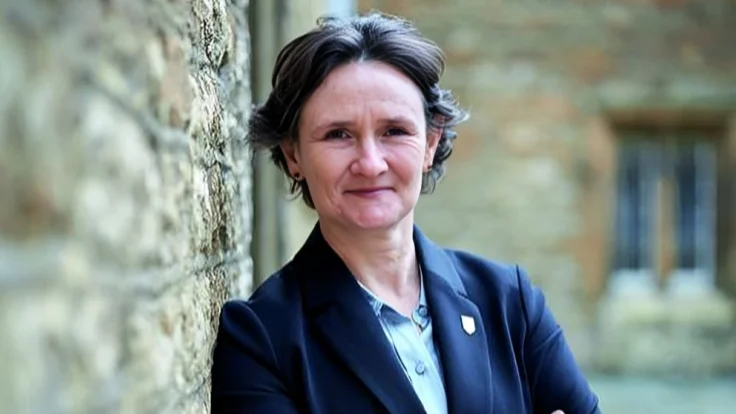A new analysis by international experts warns of severe consequences if the US President's Emergency Plan for AIDS Relief (PEPFAR) programmes lack stable, long-term funding. According to the report published in The Lancet, losing PEPFAR support could lead to nearly half a million children dying from AIDS-related causes and 1 million new infections by 2030, with 2.8 million children potentially becoming orphaned in sub-Saharan Africa.
"The future of PEPFAR programmes hang in the balance. Losing stable, long-term support for PEPFAR programmes sets global progress to end HIV/AIDS back to the dark ages of the epidemic, especially for children and adolescents," stated co-lead author Prof Lucie Cluver from the University of Oxford.
Co-author Dr. Seth Flaxman and Prof Lucie Cluver emphasize that funding PEPFAR for at least five more years is essential to prevent HIV infections, deaths, and orphanhood while maintaining global health leadership.
PEPFAR, established in 2003, has allocated over $120 billion towards HIV/AIDS prevention and treatment, saving millions of lives. Despite receiving a waiver, recent foreign aid freezes, including a 90-day pause ordered by US President Trump, have disrupted many PEPFAR services since January 2025.
Susan Hillis of Imperial College, London, noted that besides HIV efforts, PEPFAR also supports interventions for sexual violence prevention and child health, with recent cuts leaving "many of the children and adolescents who currently benefit from PEPFAR programmes" vulnerable.
The report highlights PEPFAR's effectiveness in reducing the likelihood of children acquiring HIV and mentions broader benefits, such as increased US-Africa trade and diplomatic ties.
"Renewing PEPFAR investments safeguards the health and well-being of millions of people and reinforces the USA's position as a global leader in foreign assistance and health diplomacy," said Gibstar Makangila from Circle of Hope, Zambia, emphasizing that discontinuing PEPFAR would allow other nations, such as China and Iran, to gain influence.
For long-term continuity, the authors advocate for increased African co-financing and country ownership of HIV programmes, highlighting increased investments from $13.1 billion in 2004 to $40.7 billion in 2021.
Prof Chris Desmond from the University of Kwazulu-Natal urged for "a well-planned transition to expanded country-ownership of PEPFAR programmes" to ensure sustainable continuation of HIV interventions.
Further details can be found in the full analysis titled "Protecting Africa's children from extreme risk: a runway of sustainability for PEPFAR programmes" in The Lancet.

